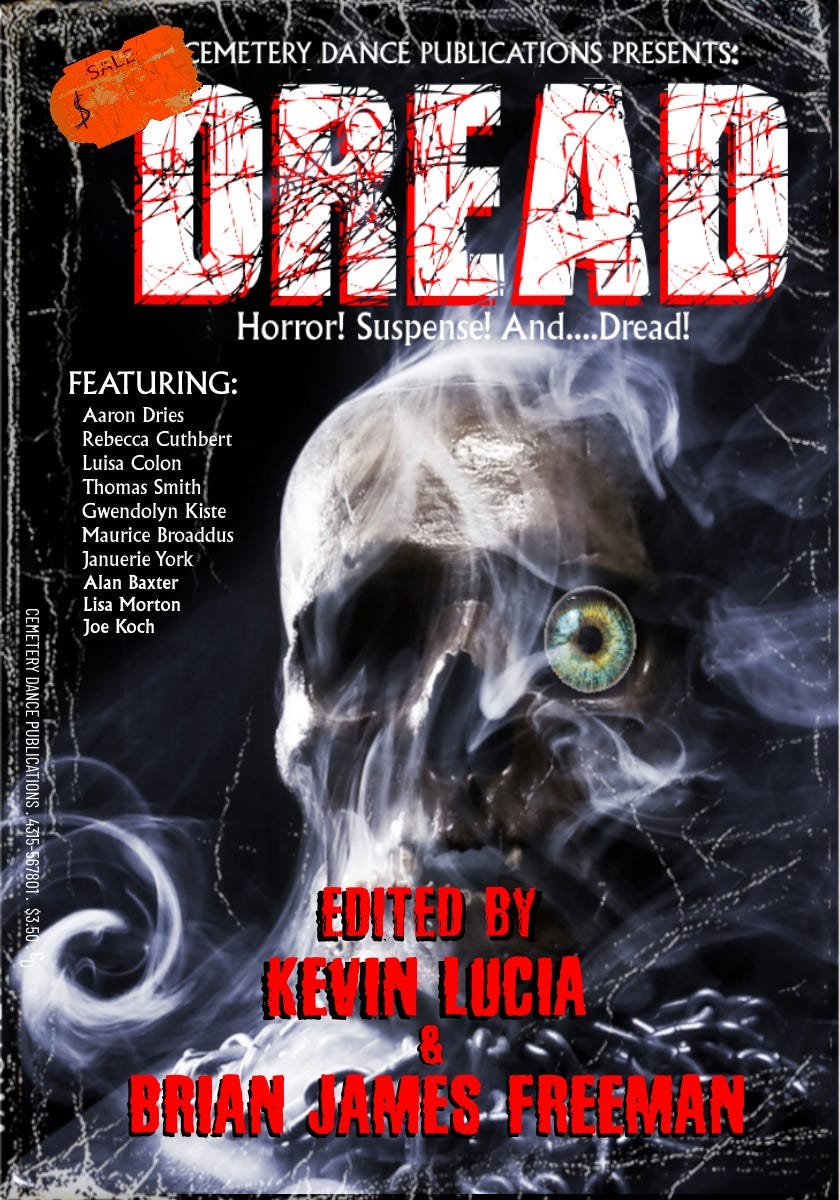What Can Star Trek Teach Us About Writing?
This is an updated version of a little something I wrote for the Writer’s Digest website a while back. Enjoy.
Four Things Star Trek can Teach Us About Writing
Over the years I’ve looked at what my dogs have taught me about writing, what Batman can teach us about writing, and today I’m going to extend the tradition. Today we’re going to look to the stars for our guidance.
No, not astronomy.
Mr. Spock. Captain Kirk. Captain Picard. Bones. The Ferengi. Captain Janeway. And every red-shirted crew member who has ever gone on an away mission and never made it home again.
That’s right (cue the funky theremin music), we’re talking about Star Trek. Gene Roddenberry’s legendary space saga. And why not? Star Trek has some interesting lessons to teach us about the craft of writing.
Lesson 1: Red-shirted crew members seldom have a long life.
For those of you who follow Star Trek (in just about any incarnation), you know that being a red-shirted crew member (different colors signify different positions in the hierarchy) is a lot like running through a field of bulls wearing all red and swatting them all on the butt. Those unfortunate folks most often die.
So what does that have to do with writing?
You need to identify the literary equivalent of those red shirts.
Take the ever-popular adverbs and adjectives. Much like Castor Oil, a little goes a long way. So use them sparingly.
Attributions like “she expounded,” “he regurgitated,” should also be left on the surface of the alien planet in a smoking heap. It’s perfectly OK (and generally preferred) for characters to just say things. He said. She said. And not, “‘He makes my heart beat like a rabid drummer,’ she said breathlessly.”
Ick. Kill that “-ly” word on the spot (then kidnap the sentence and skip the ransom note).
Another red shirt that deserves what’s coming to him is what the Marshall Plan for Novelists refers to as Morse Code—the overuse of dots and dashes to make a character’s sentences trail off. This is a common tool used by many beginners, but like most tools, it has limited uses. You can’t hammer concrete nails with a screwdriver, and a soldering iron is practically useless for joining two pieces of wood. So go ahead and let the characters finish their sentences.
As Stephen King said in his essay Everything You Need to Know About Writing – in Ten Minutes, “When it comes to people, mercy killing is against the law. When it comes to fiction, it is the law.”
That goes for nonfiction too.
Don’t worry. The red shirts died for a good cause.
Lesson 2: Boldly go where nobody has gone before.
No pithy lead-in here. Instead, simply: Go find your own voice.
A well known acquaintance of mine was once touted in a book review as the next Stephen King. His response? “I didn’t know there was anything wrong with the one we have now. How about if I’m just me?”
There is only one Robert McCammon, only one Peter Straub, only one Shakespeare, only one Ray Bradbury, and there is only one you. That’s the way it works. Every writer is who they are, and they have (if they put in the requisite work) a singular voice. Their own voice. Why would you need to write like Brian Keene or Dean Koontz? We already have one of each of those.
The fact is, there are things only those writers can write, and there are things only you can write. And the only way to develop your own voice is to do the work.
Write.
Then write some more.
Boldly go where no man or woman has gone before.
Lesson 3: Always overestimate how long a job will take, and then look like a hero when you come in under deadline.
Every engineer on every ship or space station in the Star Trek universe has said, “Captain, it will take at least nine hours to fix the cosmic flapdoodle widget.” And every captain has said, “We don’t have nine hours. You have an hour and eleven minutes before we are turned into chicken nuggets.”
And every engineer fixed the left-handed sonic whatchamadiddle valve in the nick of time and looked like a hero.
They hit the deadline. And that is the optimal strategy for every writer who ever wrangled a word. Give better than you promise, and always do it on time.
(Sure, there are extenuating circumstances. This is real life, after all. But those situations should be the exception to the rule, and when you know you need to adjust the schedule, your first action should be to contact your very own Kirk—the editor or your agent—immediately. If you are one of those writers who hits the vast majority of your deadlines, when you find yourself in an unavoidable jam, editors and agents will probably grin and say, “been there, done that,” and make a new deadline possible.)
Lesson 4: Sometimes the best strategy is to rush headlong into the problem.
Once in a while a project turns out to be about as exciting as watching beige carpet rot. Or an assignment is more work than you realized. Sometimes you’re up against a deadline and you’re just plain tired.
Maybe it’s tax season and you are fretting over whether or not to try and list your dog as a dependent. Maybe the baby grabbed the corner of the diaper you were changing and with a flick of the wrist, created a Jackson Pollock masterpiece on the freshly painted nursery wall. Maybe you just found out that your in-laws are coming for an unexpected two-week visit.
Oy Vey. What can you do?
This is no time for procrastination. This is the time for rolling up your sleeves, putting some high octane coffee in the pot, and powering through. Like Captain Kirk (pick pretty much any episode) when the grits are hitting the Spam: Sometimes you just have to grit your teeth and run headlong into the giant nine-uddered mutant space cows from the planet Bovinicus and let the chips fall where they may.
After all, you helped create the monster.
Now, for next time: Everything You Need to Know About Writing, From the Gang on Jersey Shore.
Or not.
My name is Thomas Smith and this is Whistling Past The Graveyard; an occasional newsletter about what I’m working on, any books/writing projects coming out in the future, and anything else that strikes my fancy. I’m honored you decided to take this walk with me.
We Have News
While I can’t share the covers yet, I have release dates for two upcoming books.
My short story collection, Other Places, will be released by Cemetery Dance on April 19th.
My book, Haunted North Carolina Coast will be released by The History Press’ Haunted America imprint on August 5th. In plenty of time for Halloween (brought to you by the Shameless Plug Division of this newsletter).
In Other News
On March 26, I was one of six authors participating in a reading and book signing by the North Carolina Chapter of the Horror Writers Association. We were hosted by Quail Ridge Books in Raleigh, NC, and had a great turnout as well as a really good time in general.
One last thing…
Due to shifting publication schedules and other publishing-type logistics, the DREAD anthology will be coming out in 2025 instead of later this year. But hang in there…it’s gonna be a doozy!
Currently Reading:
After Death (Dean Koontz), Long Past Midnight (Jonathan Maberry), Pitfall (Ronald Kelly)
That’s about it for this issue. As always, I appreciate you coming along for the ride. and in the words of the late Ludlow Porch, “Whatever else you do today, you find somebody to be nice to.”










